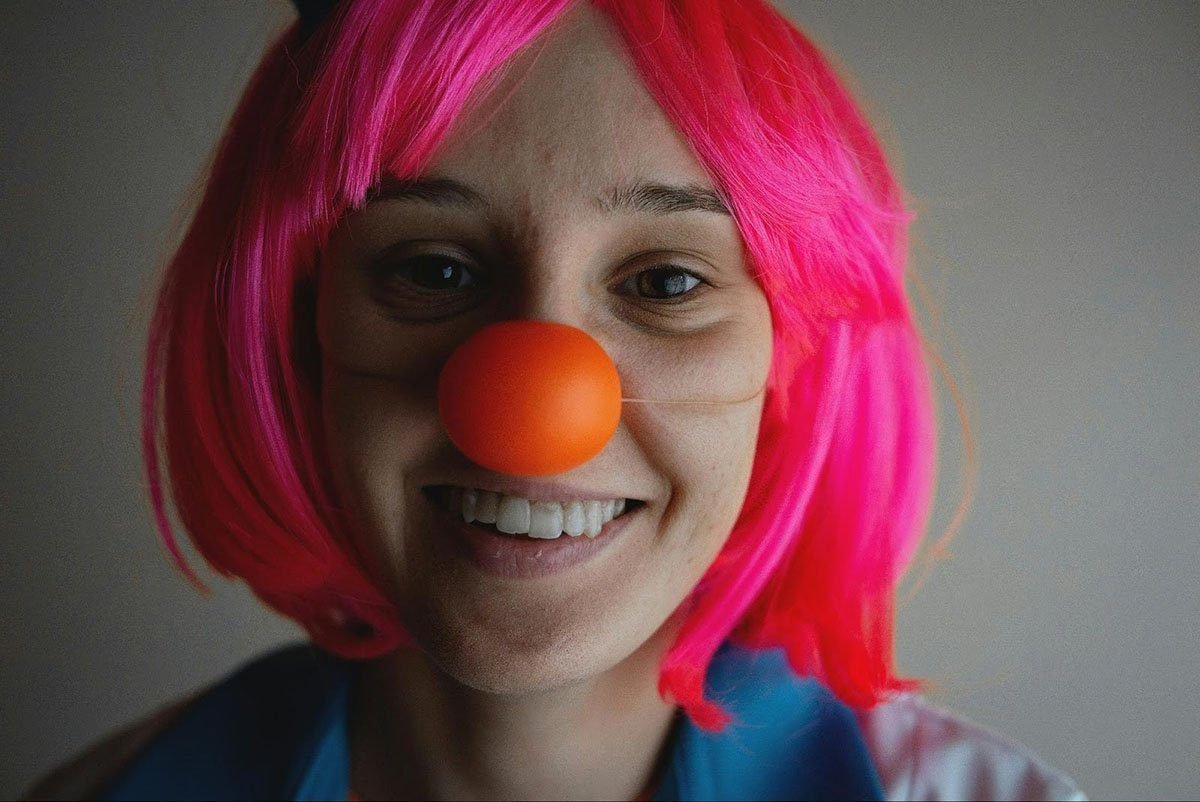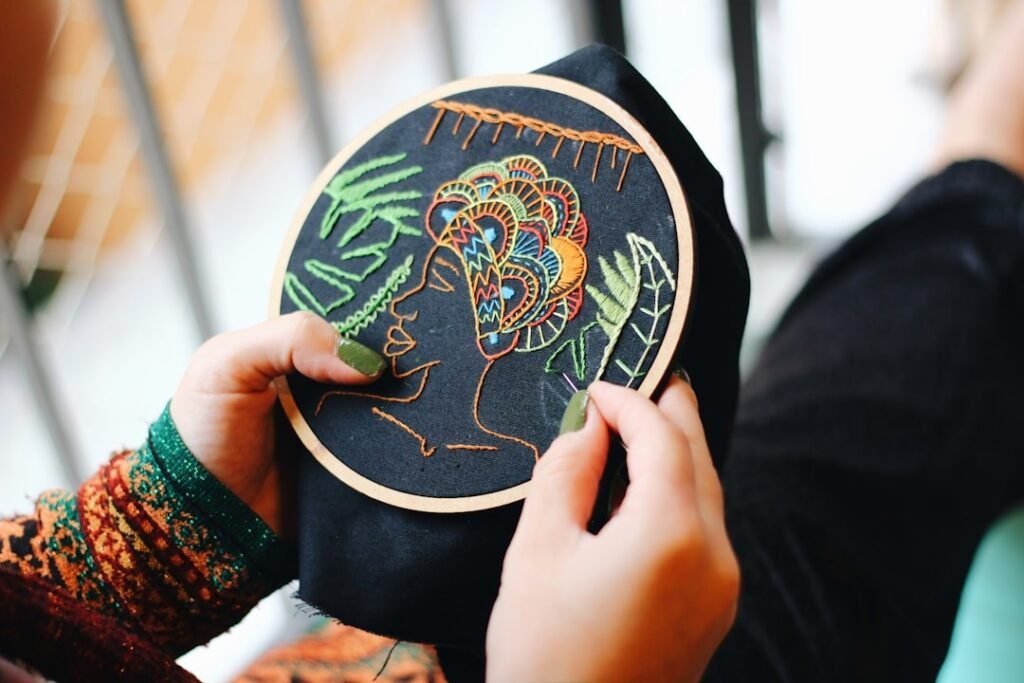Starting Over: Remaking Yourself After Addiction

Recovering from addiction is akin to a rebirth, a process where individuals can recreate themselves and forge a new path forward. It’s a time when self-identity becomes paramount, serving as both an anchor and compass in navigating the complexities of a life in recovery. Central to this transformation is adopting new passions and a structured routine, fostering a sense of normalcy and progress. In this article, readers will discover strategies for building a fulfilling post-addiction life. Keep reading to uncover the vital steps toward sustaining recovery and crafting a new, vibrant identity.
The Role of Self-Identity in Remaking Yourself After Addiction

The arduous journey of recovery from substance addiction often demands more than sobriety; it necessitates a reconstruction of self-identity. As individuals emerge from the shadow of dependency, the question of who they are beyond their addiction comes sharply into focus. Crafting a new sense of self is vital to ensure lasting change, and it acts as the scaffolding upon which a substance-free life can be rebuilt.
Self-identity serves as a compass that orients individuals toward their values, goals, and aspirations, effectively guiding their decision-making processes. Reestablishing those intrinsic markers after addiction is akin to mapping out a life trajectory based on authentic desires rather than the influence of substances. An individual’s renewed identity represents a manifesto, signifying a dedication to personal growth and resiliency.
Integrating practices like motivational interviewing for substance use is one approach to facilitate this internal dialogue, encouraging positive change and growth. Through reflective conversations and strategic questioning, the recovering individual is empowered to discover and affirm their unique attributes, interests, and strengths. This therapeutic interaction fosters an environment where the innate capacity for self-directed transformation is recognized and nurtured.
Embracing a new identity post-addiction offers the fortitude to confront and alter habitual thought patterns and behaviors that once sustained the addiction cycle. In creating this fresh self-concept, the individual begins to perceive challenges as opportunities to reinforce their sober identity, thus establishing a strong defense against relapse.
For some, managing mental health alongside addiction recovery can be supported by medication. Lexapro is a popular medication often used to treat anxiety and depression. But if you’re considering it, you might wonder, “How long does it take for lexapro to work” Let’s break it down.
Understanding Lexapro
Lexapro, or escitalopram, is an antidepressant that belongs to a class of drugs called SSRIs (Selective Serotonin Reuptake Inhibitors). It helps boost levels of serotonin in the brain, which can improve mood and anxiety. Think of serotonin as a “happy chemical” that can help you feel more balanced.
Full Benefits: Usually After a Month
For many, the complete benefits of Lexapro can take around four to six weeks. This is when you might really start to feel the difference. Imagine going to the gym; the first few weeks might not show results, but after consistent effort, you see progress.
During this time, staying in touch with your doctor is vital. They can help you track how you’re feeling and if any adjustments are needed.
Embracing New Hobbies and Interests in Post-Addiction Life

Recovery from addiction ushers in a period of reevaluation and reinvention, presenting individuals with an opportunity to rediscover themselves. The cultivation of new hobbies and interests is a potent tool for those shaping a life free from substance dependence. Fresh pursuits offer a distraction from old habits and a chance to build a fulfilling lifestyle.
Embarking on a new hobby requires patience and determination, traits that are tested and strengthened during recovery. Whether choosing to learn an instrument, picking up a paintbrush, or exploring the calmness of nature through hiking, each activity offers a unique set of challenges and rewards. A commitment to such activities fosters self-esteem and a sense of progress, which is vital in this transformative stage.
The void left by addiction can be prolifically filled with educational endeavors that also secure future employability. One might enroll in courses like a Bachelor of Applied Science online to occupy time and create future career opportunities. Such commitments require a structured routine, which is often beneficial for individuals rebuilding their lives after the chaos of addiction.
Post-addiction life is characterized not just by the absence of substances but by the creation of a new identity. Introducing varied hobbies and educational goals helps form a dynamic persona rich with purpose and equipped to meet life’s challenges without reverting to destructive behaviors.
Establishing a New Routine for Sustainable Recovery
Recovery from addiction is akin to embarking on a voyage where every day presents an opportunity for growth and self-improvement. Establishing a consistent routine is paramount in this process, providing structure and predictability that can reduce stress and remove the chaos associated with substance dependency.
Individuals in recovery often benefit from a daily schedule that balances responsibility with restoration. Mornings might start with meditation or exercise, transitioning to work or therapy sessions, and ending with reflective journaling or support group meetings, each activity deliberately chosen to reinforce their commitment to sobriety. Reputable rehab centers, like the Malibu Beach House Rehab Center, offer clients this structured approach to recovery in the serene setting of Malibu, creating an ideal environment for healing and personal growth.
A new routine also encompasses healthy sleep patterns and nutritional habits, fundamental aspects likely disrupted by addiction. These rhythms of self-care contribute to cognitive clarity and emotional stability, which are drivers for making sound choices that align with one’s sober identity.
Finally, the routine should not be mistaken for rigidity. Achieving sustainable recovery requires adaptability and recognizing when adjustments to one’s schedule are necessary to accommodate the evolving needs of one’s healing journey.
Overall, the journey of recovery from addiction is a profound opportunity for personal transformation, where crafting a new identity and embracing new routines are crucial for long-term success. By integrating new passions, establishing a structured routine, and fostering a sense of purpose, individuals can navigate their recovery with resilience and build a fulfilling life free from addiction.
For more insightful articles, please visit Bloghart.
